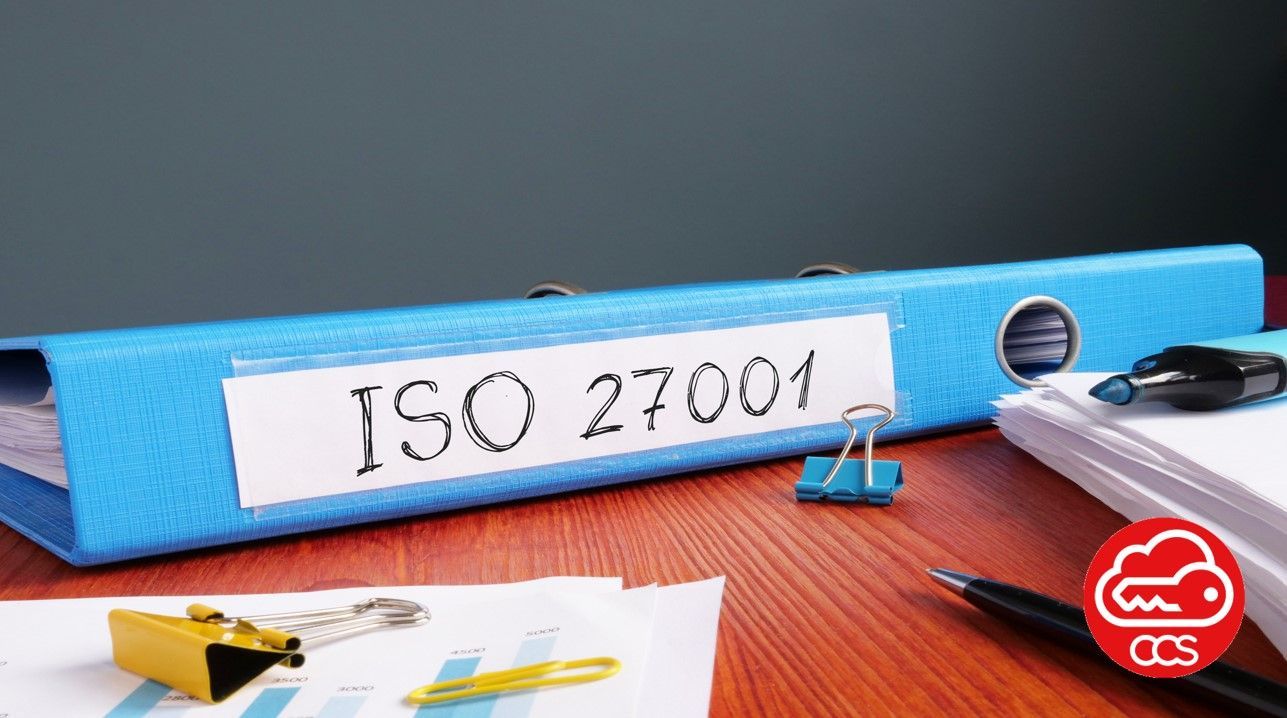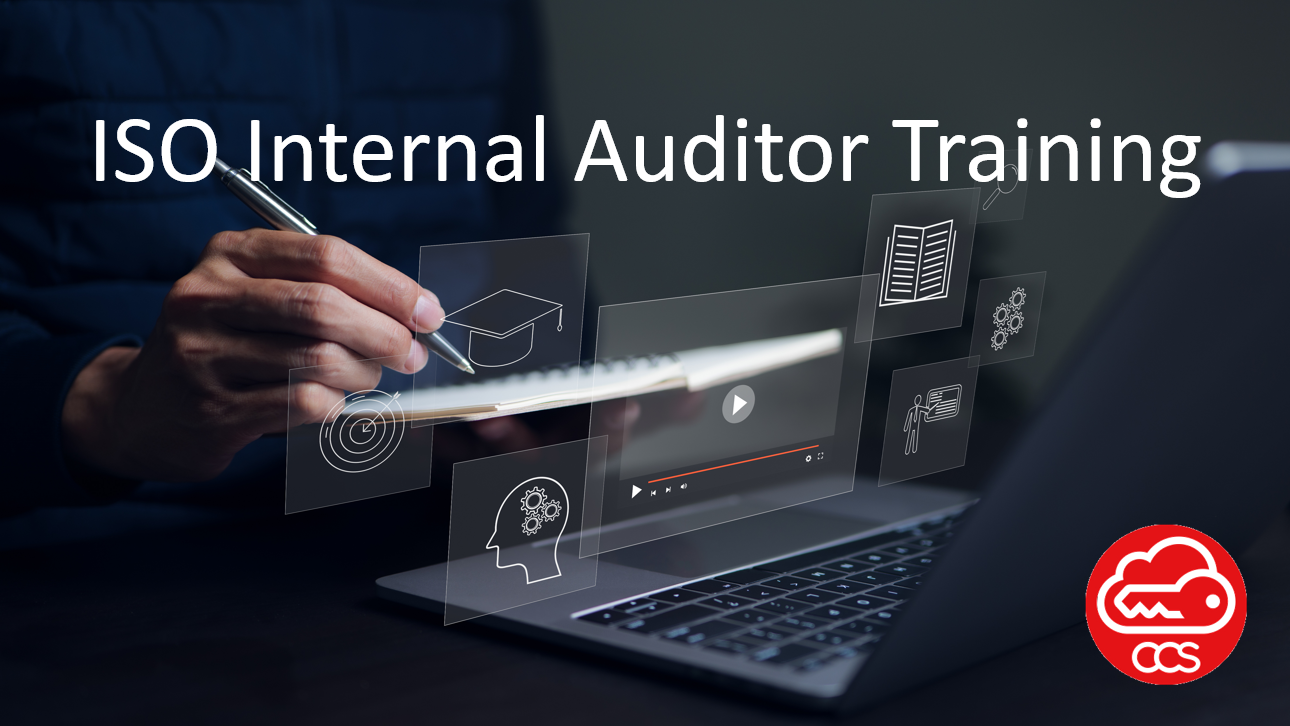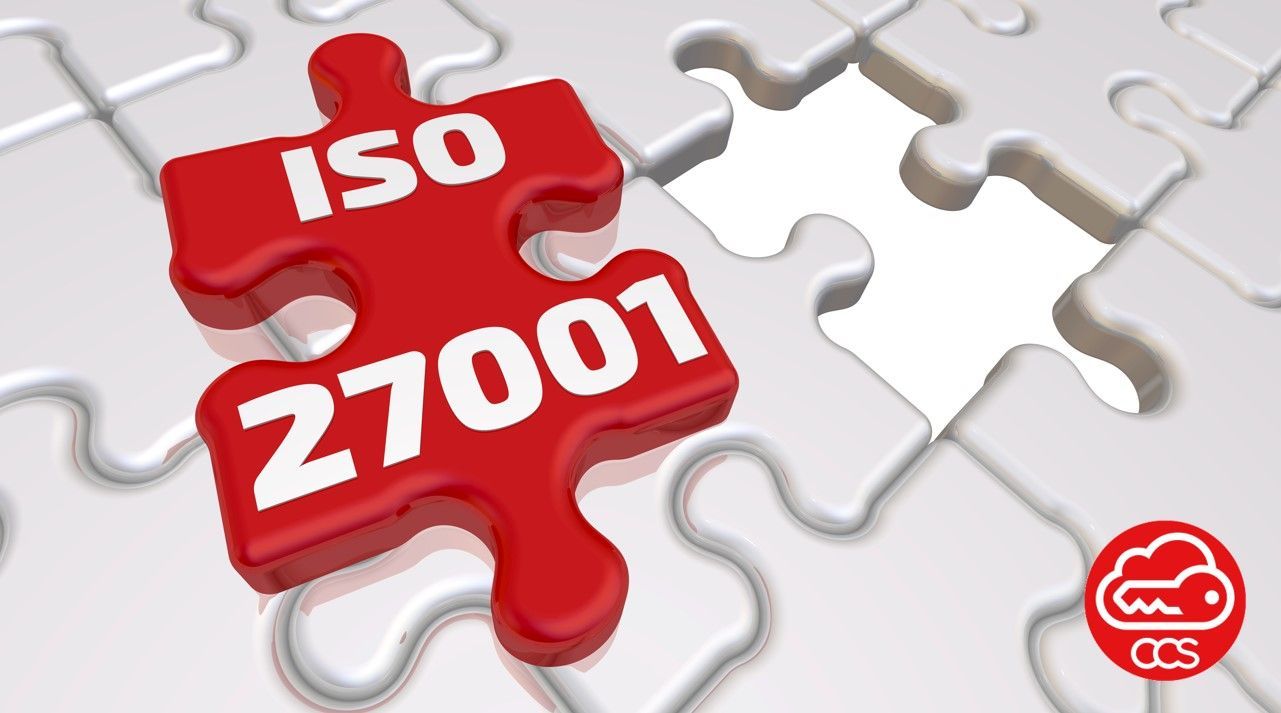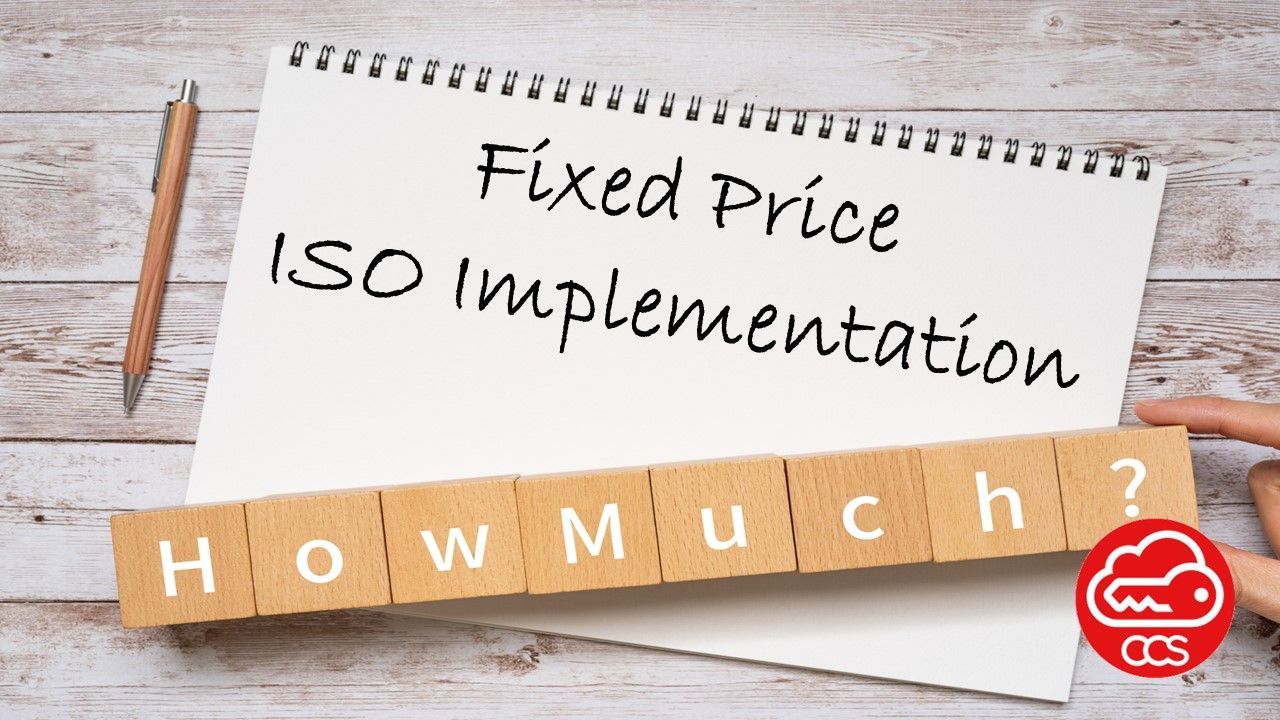To ensure that your internal auditors are well-prepared and confident in their roles, we offer comprehensive ISO Internal Auditor Training. This training is essential for both new ISO-certified companies and those with existing ISO certifications. It equips your team with the knowledge and skills to develop action plans, sample key documents and records, and proactively reduce non-conformances.
A Glimpse into the Day in the Life of:
An Internal Auditor for ISO 27001
In the world of information security and data protection, the role of an internal auditor holds immense importance. These professionals are tasked with ensuring that organizations comply with standards like ISO 27001, which lays the groundwork for robust information security management systems (ISMS). As the digital landscape evolves and security threats continue to escalate, the day in the life of an internal auditor for ISO 27001 becomes a dynamic blend of vigilance, analysis, collaboration, and commitment to safeguarding sensitive information.
- The Morning Routine: Preparing for the Day Ahead
- The day of an internal auditor typically begins with a comprehensive review of the day's schedule and priorities. Before diving into the details, an auditor might catch up on industry news, security trends, and potential regulatory changes that could impact the organization's ISMS.
- Conducting Audits: Navigating Through Processes
- Auditors spend time assessing the organization's information security controls, policies, procedures, and practices to ensure they align with ISO 27001 requirements. They meticulously examine various departments, from IT to HR, seeking potential vulnerabilities, gaps, and areas for improvement.
- Document Review: Delving into Policies and Procedures
- One of the key tasks of an internal auditor is reviewing documentation related to the ISMS. This includes examining policies, procedures, risk assessments, incident response plans, and more. These documents offer insights into how the organization addresses security concerns and responds to potential threats.
- Interviews and Discussions: Collaborating Across Teams
- Auditors interact with employees at all levels of the organization. They conduct interviews to understand how different departments handle security processes, from data access to network monitoring. These discussions provide a comprehensive view of how the ISMS operates on a practical level and highlight any discrepancies that might exist between policies and their implementation.
- Risk Assessment: Identifying Vulnerabilities
- Risk assessment is a critical aspect of an internal auditor's role. They work closely with teams to identify potential vulnerabilities, assess the impact of security incidents, and propose strategies for mitigating risks. This requires a keen understanding of both technical and business aspects, as well as the ability to communicate these findings effectively to various stakeholders.
- Analysis and Reporting: Summarizing Audit Findings
- After gathering information through interviews, document reviews, and assessments, auditors analyze their findings. They identify areas where the organization excels and areas that need improvement. This analysis culminates in comprehensive reports detailing strengths, weaknesses, risks, and suggested actions for enhancing the ISMS's effectiveness.
- Collaboration with Management: Presenting Audit Results
- Presenting audit results to management is a crucial phase. Auditors engage in productive discussions with top management, outlining their findings, explaining potential risks, and recommending strategies for improvement. These interactions demand effective communication skills, as auditors need to convey complex technical concepts to non-technical stakeholders.
- Continual Learning: Staying Ahead in a Dynamic Field
- The field of information security is ever-evolving, and internal auditors must keep pace with new technologies, threats, and regulatory changes. They allocate time for professional development, attending workshops, conferences, and staying updated on industry best practices.
- Wrap-Up and Reflection: Ensuring Ongoing Improvement
- As the day draws to a close, internal auditors reflect on the work accomplished. They evaluate the progress made toward audit objectives and strategize for upcoming tasks. This continuous improvement cycle is essential to refining the ISMS and strengthening the organization's information security posture.
Guardians of Information Security
The day in the life of an internal auditor for ISO 27001 is a testament to their dedication in safeguarding critical information assets. Through audits, assessments, collaboration, and reporting, these professionals play a pivotal role in ensuring organizations meet the highest standards of information security. In an era where data breaches and cyber threats loom large, internal auditors stand as the guardians of digital trust, striving to create a safer digital landscape for businesses and customers alike.
Supporting Your ISO 27001 Journey with CCS
For businesses looking to enhance their information security management systems, CCS offers a range of valuable services. With a deep understanding of ISO 27001 requirements and industry best practices, CCS provides internal auditor instruction with every implementation as well as training courses to empower your internal audit team.
For those lacking the necessary resources, CCS also offers a managed service where their skilled professionals can conduct internal audits on your behalf.
This approach ensures that even businesses without dedicated internal audit capabilities can uphold ISO 27001 compliance and maintain a robust information security framework.






